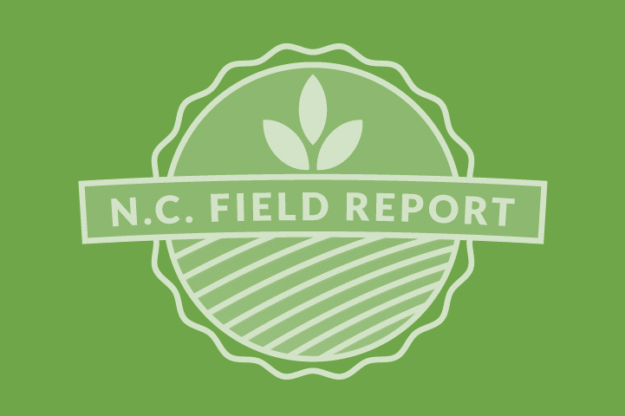Early Emergence in Soy is a Yield Booster
Early emergence in soy is the exciting and mostly untested assumption that farmers can realize more yield by getting the young plants to emerge (1) as early as possible, (2) as quickly as possible and (3) as uniformly as possible. Dr. Ron Heiniger and Dr. Jim Dunphy at North Carolina State University think that early…
Details








